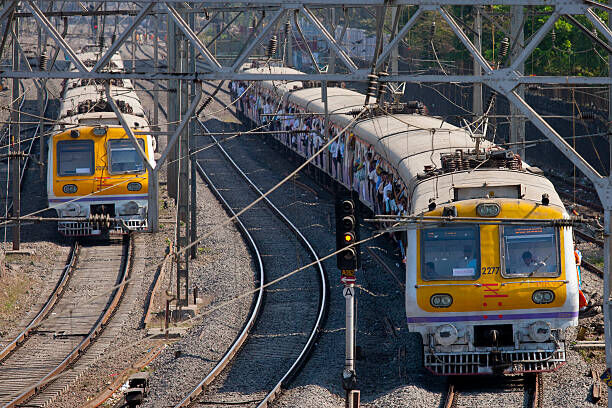Railway Disaster in India Highlights Need for Rail Safety
The Central Bureau of Investigation (CBI), arrested three railway employees in connection with a devastating train crash in Balasore district of the eastern state of Odisha last month.
The Central Bureau of Investigation (CBI), arrested three railway employees in connection with a devastating train crash in Balasore district of the eastern state of Odisha last month.
This incident is a stark reminder of the urgent need for improved rail safety in India. On June 2nd, a passenger train collided with a freight train loaded with iron ore, derailing and striking another passenger train passing in the opposite direction.
This unfortunate accident resulted in the deaths of 292 people and injured over 1,000. Investigations by the Commission of Railway Safety revealed that the accident occurred due to a malfunctioning signalling system, which was caused by modifications made to the signalling circuit to fix frequent problems at a nearby rail-road barrier.
It was further noted that local railway staff did not have a standard circuit diagram, resulting in a faulty connection in the signalling system. India’s railway network is the world’s fourth-largest, running 14,000 trains daily with 8,000 locomotives over a system of tracks about 64,000km (40,000 miles) long.
It carries more than 21 million passengers each day, according to official figures. With a population of more than 1.4 billion people, the network is under immense pressure. The country has witnessed several train disasters in the past. In 1995, two trains collided near New Delhi, killing 358 people.
In 2016, a passenger train slid off the tracks between the cities of Indore and Patna, killing 146 people. Most such accidents are blamed on human error or outdated signalling equipment. It is now more important than ever for the country to prioritize rail safety.
The government must take swift action to address the issues plaguing the railway system. This includes investing in modern technology, upgrading outdated equipment, and introducing new safety protocols and better training of personnel.
India’s railway network is key to the country’s economic, social and environmental development. Despite the challenges, the government must strive to ensure that such tragedies never happen again.




